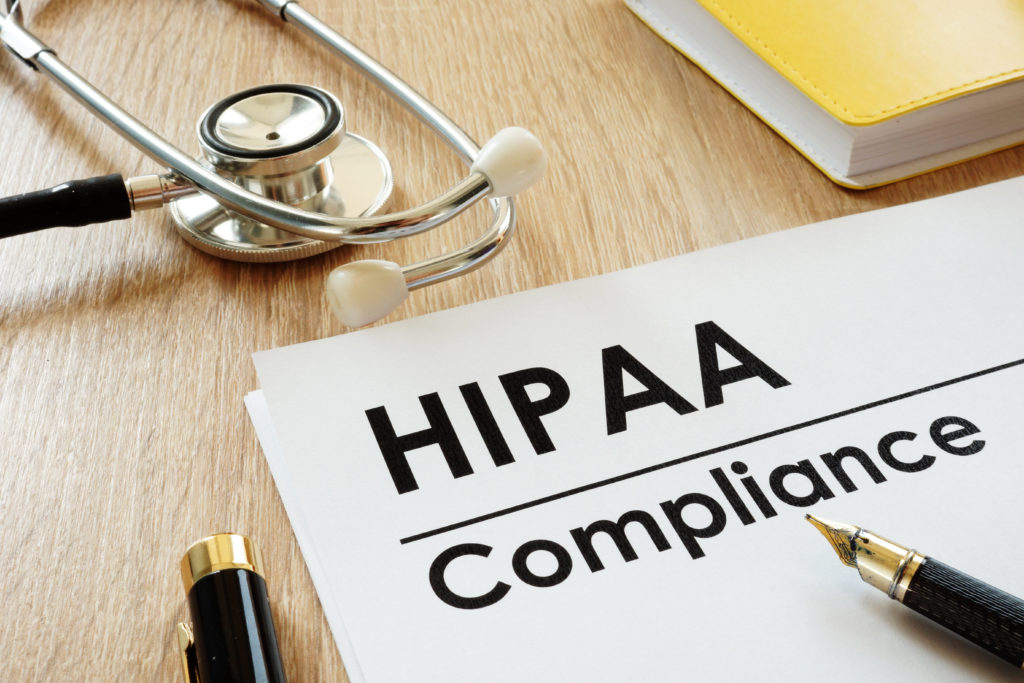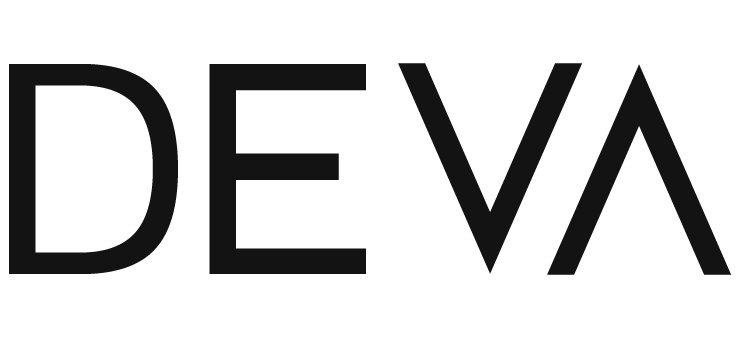HIPAA compliance is crucial for healthcare providers. The law is designed to provide individuals with increased security and privacy as well as giving patients greater control. It is essential to ensure that any new system you use is fully compliant with HIPAA’s requirements. Technology advances with incredible speed.

HIPAA compliance is a complex process for organizations that struggle to grasp the law and its consequences. HIPAA compliance is required by all health-care organizations as well as those in the insurance industry. It is vital to thoroughly study the rules and to ensure that all procedures are in place to ensure compliance. Although it may seem daunting to comply with the law, it’s a fact that compliance is crucial. Being compliant means better service as well as data privacy, with fewer fines. Knowing the HIPAA regulations and taking the necessary steps will help businesses to ensure they’re following the required procedures.
HIPAA regulations can be extremely strict. However, effective security and privacy measures are designed to secure the most valuable of possessions: data. Since the healthcare industry has been shifting towards digital mediums like Electronic Medical Records (EMR) and more safeguards have been required to prevent any unnecessary or unauthorized sharing of private patient information. Although guidelines have been set out, the compliance with these regulations still has to be scrutinized and enforced for people to be secure. This is why HIPAA remains vigilant in the issues to better ensure one’s safety and privacy.
HIPAA offers a substantial security to medical professionals working in fields and for patients whose records are maintained. It gives covered entities as well as business associates (BAs) the flexibility to choose whether or not they want to make use of an addressable execution specifications. The decision will be influenced by numerous factors like the risk analysis and mitigation strategy, the current security measures and the costs of implementation. CEs and BAs are able to think about alternatives or even skip the specific step should they consider it not appropriate in their specific situation. HIPAA will help them make informed choices about data security and security. This means establishing the right balance between technical and user control over sensitive information.
Organizations can gain significant benefits from HIPAA compliance. Conforming to regulations under the Health Insurance Portability and Accountability Act, (HIPAA), can allow organizations to safeguard their clients’, patients and their health information. It will guarantee that it is kept private and secure. Compliance ensures that patients’ health information is used only to benefit them personally and the benefit of their health care providers. HIPAA compliance allows patients to make informed decisions regarding the way their personal health information is used and managed, giving them security that no other entity is capable of accessing or manipulating the data without authorization. HIPAA compliance helps reduce the reputational risk of organizations and helps them avoid penalties if they mishandle patient data. As a result, complying with HIPAA standards will ensure an enjoyable experience for patients with more secure medical records.
Here are some points to be aware of when considering HIPAA compliance. The best way to ensure that you are compliant is to have a thorough understanding of the law and talk to an expert who can assist you to interpret it and establish the proper systems and procedures in place. Being fully compliant can seem difficult, but it’s vital to protect your patient’s rights and maintaining the confidentiality of their medical information.
For more information, click subtitle of hitech
